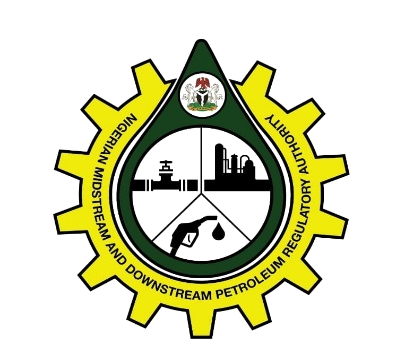Three years after the enactment of the Petroleum Industry Act (2021) operators in the midstream and downstream sector of the oil and gas industry are set to operationalise the host communities development trust fund following the lack of guidelines from the Nigerian Midstream Downstream Petroleum Regulatory Authority (NMDPRA).
This is as the House of Representatives Committee on Host Communities flayed over the delay by the NMDPRA, in releasing regulations guiding Midstream Host Community Development Trust Fund, which was just meeting with stakeholders on the issue.
Chairman, House Committee on Host Communities, Rep. Dumnamene Dekor, said it was unacceptable that close to three years after the PIA was signed into law, the regulations were not ready.
Speaking at a stakeholders’ consultative forum on midstream petroleum host community development trust regulations, convened by the NMDPRA, Dekor urged the Authority to urgently conclude the process and make it operational, adding that the wellbeing of petroleum host communities is essential to Nigeria’s desire for progressive and prosperous nation.
“The oil and gas sector contributes over 60 percent of total government revenue, and about 90 percent of total export earnings of this country.
Yet, the country has failed to effectively deliver the elements of the resource exploitation to host communities for nearly seven decades.
“This failure has had enormous consequences on the development of the oil and gas and overall economy of this country. Presently, the PIA 2021 creates an opportunity for host communities to be directly involved in shaping how their developmental needs are addressed, particularly, through the establishment and operationalisation of host communities’ development trust”, he added.
He stated that “our committee is not particularly pleased that NMDPRA is only just at the stage of developing regulations to guide the implementation of the HCDT nearly three years after the PIA was signed into law”.
Speaking earlier, the Authority Chief Executive, Engr. Farouk Ahmed explained that the consultative revealed that sooner or later it will commission the 650,000b/d Dangote Petroleum Refinery fully.
Represented the executive director, Distribution Systems Storage Retailing Infrastructure, Ogbugo Ukoha, Farouk said it will also issue a licence to the refinery to operate very soon, noting that only three refineries have three valid licences in the country.
“We have issued three refineries with three valid licences. We awarded Dangote Refinery even in their pre- commissioning and sooner than later they will have full commission and a valid licence to also operate,” he said.
Ahmed also noted that about 15 gas facilities in the country have valid licences while more are undergoing processing.
According to him, there are 1,199 facilities with valid licences downstream.
He also disclosed that there are more than 176 operators, who hold gas import permits.
The Authority Chief Executive also noted that there are 130 depots with valid licences while 69 hold valid coastal vessels licences.
In terms of retail, Ahmed revealed that NMDPRA has licensed 9,464 retail outlets as at 10:00am of 30th April, 2024.
His words: “In the gas processing facility, within the midstream, there are about 15 of them with valid licences. And much is under processing.
“If you go to the downstream, in the gas state of the downstream, there are more that 1,199 facilities with NMDPRA valid licences.
“More than 176 operators hold gas import permits. In the liquid licensing side of the downstream, there are 130 depots with valid licences, coastal vessels of more than 69 valid licences as at today.
“And in the retail outlets, we have 9,464 licensed retail outlets as at 10:00am today 30th April.”
On the essence of including midstream and downstream as part of the Host Community, he noted that emissions and effluence affect them.
Driving home his point, he imagined the emissions from the Dangote Petroleum Refinery and the Nigerian Liquefied Natural Gas (NLNG).
He explained that he rolled out the data on the midstream and downstream for the stakeholders to appreciate their spread.
He urged the stakeholders to which facility should come under the Host Community and the criteria in order to infuse it into the regulation.
According to him, the Authority organised the forum for the stakeholders to ventilate their ideas.



